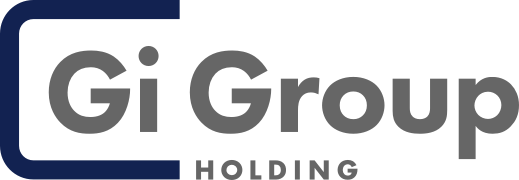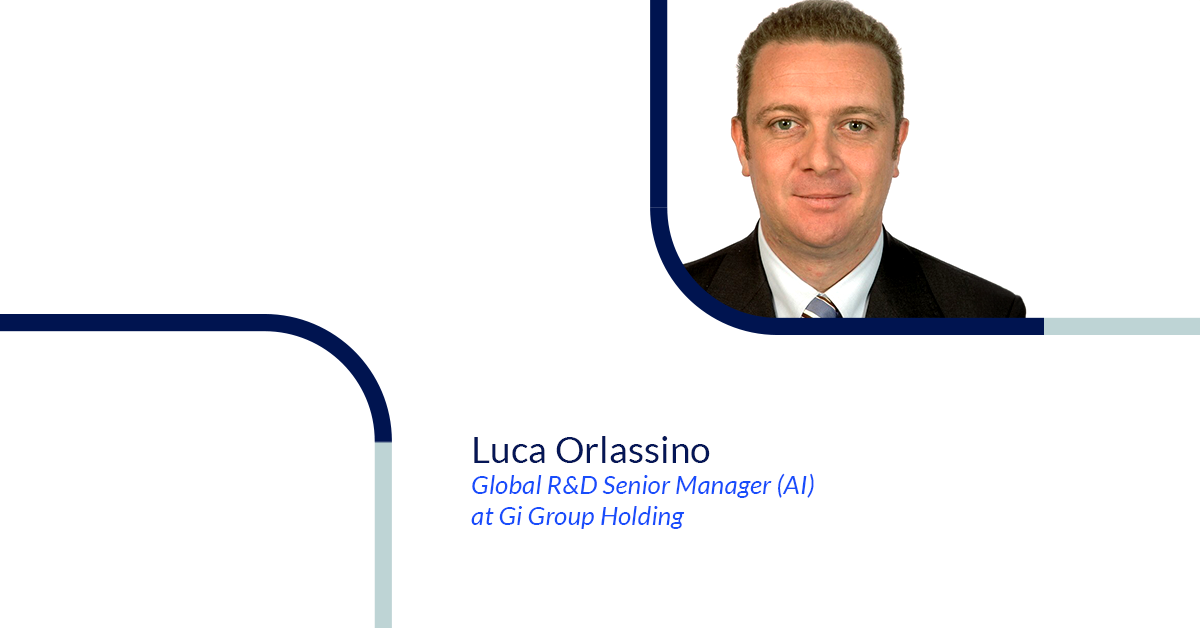How to best manage complex teams and boost employee engagement in hybrid work environments

In this article, Gi Group Holding team members Kathy Garnier, People Development and Training Senior Manager at Gi Group Holding France, and Hanno Althaus, Talent Acquisition Manager at Gi Group Holding Germany, discuss their experience working with diverse and complex teams on two European markets. In their comments, they address today’s challenges of working in hybrid office team set-ups and what works and does not when trying to define and promote corporate culture and team spirit in the Hybrid world.
In the new world of work many businesses face a common dilemma: how do we adapt to revised office team structures and the hybrid blend of remote and on-premises arrangements while seeing to employee well-being and taking care of their needs. At present, many businesses still struggle to find the right balance where workers have the possibility to work in more flexible, agile arrangements provided they can deliver the outputs that the business or organisation needs. Depending on where you are in the world, you will hear different views on who supports global return to office initiatives. Earlier this year, the Wall Street Journal reported that Europe and Asia are doing better than say the USA in bringing the majority of their teams back to the office. The article even estimates that in a European capital like Paris 75% of employees on average are now back in office or spend a significant part of their work week there.
Reflecting on these trends and her experience with the Gi Group Holding team in France,
It’s true that Covid has accelerated the transformation of the world of work. Before this crisis, we knew that employees wanted greater flexibility and sought more autonomy in how they organised their work week. Companies in France were not yet ready to take on this transformation: they lacked the confidence needed to make sweeping changes and they did not have a workable concept or idea in mind for how to make a new, hybrid work model function.
Kathy Garnier
People Development and Training Senior Manager notes
As in other parts of the world, the Covid pandemic in France ushered in new options for how to work safely and effectively. Many companies saw the new hybrid work paradigm as something they stood to gain from – granting workers greater flexibility in how they planned their work schedules meant happier employees. Meanwhile, on the German market, it is difficult to make broader generalisations about the degree of hybrid vs. on-site work and worker satisfaction therewith. Each company has established a system based on what options their line of business affords them. Many are currently working in that hybrid space, offering employees greater flexibility for work approaches where possible. Hanno Althaus, Talent Acquisition Manager at Gi Group Holding Germany describes, “At Gi Group Holding, we try to give employees as much flexibility and as many agile work options as possible. However, we do have certain customer-facing jobs that can only be carried out in person. Their onsite support, for example, cannot be managed remotely. But for other positions where there is more wiggle room, remote work in anywhere between 60-100% of cases is no problem at all.”
The HR team response to hybrid work
HR teams in businesses around the globe are putting in more time and effort to create agile work structures. The pandemic, and all the unexpected consequences it had, showed management teams – both in HR and beyond – that process flexibility is a must have and the way forward would be to try and develop work structures that offer the best of all worlds: a hybrid work model combining in-office and remote work arrangements. This has become, for many businesses, the new normal. “It’s critical today that HR teams offer flexible but effective organisational structures. There must be a close focus on employee needs and also their responses to workplace rules and performance demands. We are in an age where employees are more mobile, and in some cases less loyal, than before. Our HR teams must take this into consideration and see that employee needs related to these issues are met, while at the same time keeping the company on course. And even though agile or hybrid work structures may not be an ultimate deal breaker for candidates or employees, just the fact that the business offers these options speaks volumes to these groups. Just making flexibility possible says something about what kind of employer you are (i.e., expressing a significant level of trust and respect for worker autonomy), and that can make a big difference when trying to attract top talent,” explains Kathy Garnier.
The German market is seeing something similar with employees and candidates responding favourably to flexible, personable work approaches. The pandemic increased levels of stress, anxiety and isolation for many people in society. So many businesses, Gi Group Holding included, are now doing more listening and maintaining ongoing conversations with employees to map what work models best fit their work and emotional needs. Hanno Althaus notes, “At Gi Group Holding Germany, we just carried out an anonymous, structured survey in cooperation with Verwaltungs-Berufsgenossenschaft (VBG) to get better insight into our employees’ wishes and needs on the topic of work model structuring. We are using this data to put forward appropriate measures for achieving worker satisfaction and improving work-life balance. Our broader mission is to give a deeper meaning to the work employees do. We want to influence the labour market positively and make people’s lives better. A prime example of this in our newly-signed Diversity Charter, which enables us as a company to help people further develop on an individual level while making important contributions to the whole team.”
It is increasingly common, per sources like LinkedIn who do regular surveys on job candidate priorities and preferences, that applicants and employees alike are looking for both the aforementioned flexibility as well as purpose and meaning in their jobs. LinkedIn says, for example, that 58% of employees want to work with, and are likelier to stay with, an employer with whom they share a common vision or work mission. Today’s younger generations in particular often seeks objectives that a company shares with them and to which they, as employees, can contribute. This can involve corporate commitments to anything from social issues or environmental protection. For Gi Group Holding, this included adopting a simple philosophy to #ChangeLives. It is a basic promise or commitment, now an integral part of the Holding’s corporate identity, to involve employees in work that has a visibly higher purpose. Teams consist of change agents and employees in Gi Group Holding understand that one of their roles is to make a positive difference in people’s lives.
The Gi Group Holding team in Germany has also made efforts to make life easier for its teams and focuses on being responsive to employee needs. Team leaders and managers in that country face new pressures deriving from the in-office/remote team mix.
Our efforts to adapt to hybrid work environments and make them as functional as possible include focusing on effective communication, building trust, and creating an inclusive, collaborative virtual workspace. We use various online tools to streamline communications processes and we support our managers and teams in planning their reachability. Katrin Sommer, our Learning & Development manager, has put together a leadership training programme that deals with these topics; especially, skills in 'leading from a distance'. Most of our team leaders in Germany have already completed two out four trainings and report being keen to participate in the other sessions. We see this as a positive sign.
Hanno Althaus clarifies
Making hybrid happen – new demands on HR teams
Nowadays, it seems that employees’ desire to work remotely has been taken on board by most all organisations. However, many companies still lack the tools and processes needed to enable managers to lead and manage teams remotely. Quite a few businesses say they are still assessing which tools are the right fit for simplifying and supporting hybrid management. Many are still in a testing phase, and it may be some time before the corporate world agrees on some idea managerial mix (of both people and tools) to make hybrid leadership and work as seamless and fluid as they perceived the previous in-office model to be. At Gi Group Holding offices in France, the HR team works closely with the global head offices in Milan and with colleagues from the Holding’s TackTMI unit to set up management training courses for team leaders and managers. These programmes help those leaders come to terms with working in hybrid work models. Within the Holding, access to these specialised training courses has proven critical to giving management teams the skills they need to ensure hybrid work does truly work for the business and deliver on company promises to both clients and candidates. Similarly, our team in Germany, as noted above, has put together several training courses and leads constants communications with its offices throughout the country.
Just as Gi Group Holding teams regularly speak about the importance of continuous learning and upskilling or reskilling of workers, company leaders understand that transformation begins at home. So, the Holding has committed to investments into teaching and honing the skills that are vital to a rapidly changing work environment. Bearing all the requirements of managing the onsite/hybrid work structure balance, the Gi Group Holding teams in France and Germany have made big strides in finding the right mix: in both work arrangements and leadership training. Still, it is clear that this is an ongoing processes and more fine-tuning will need to be done as the world of work continues to evolve.





